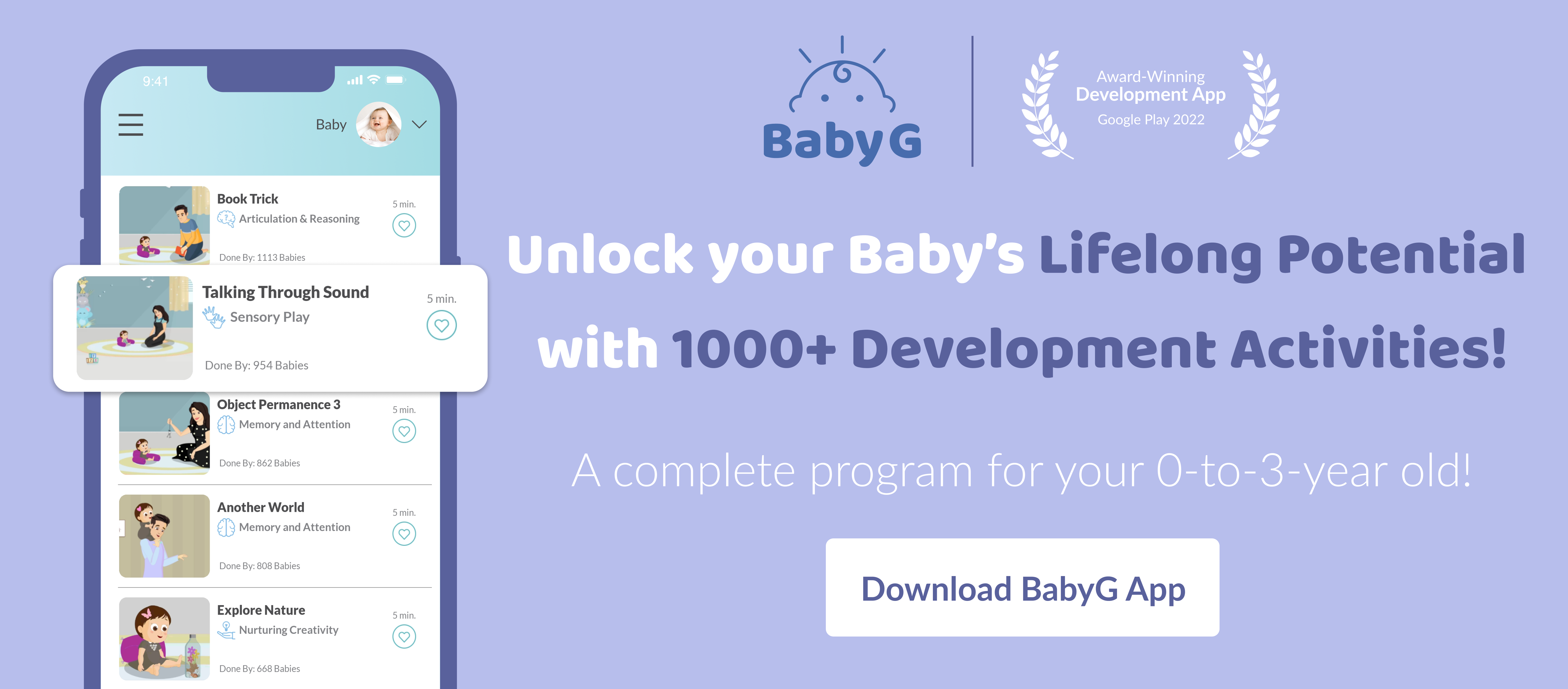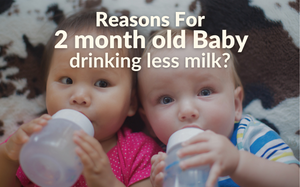
It is a universally known fact that adequate sleep is an integral factor in your child’s development. To be precise, infant sleep is said to help with cognitive functions such as memory consolidation and object memory. Interestingly, daytime naps, in particular, aid in better language learning.
Its benefit in terms of a baby's physical development is quite widespread as well. It is observed that the amount and the quality of sleep that your child receives play a considerable part in the growth hormone production in their bodies. Optimal levels of both aid in factors such as weight, height and production of other hormones. Some of which can influence your child’s glucose tolerance, insulin sensitivity, and appetite-regulating hormones, according to studies.
New parents scour the internet daily, searching for reasons and tips for why their little one just won’t go to sleep. When the recommended dosage of feeds and cuddles just does not work, the concern is understandable. I hope we can get a few of those doubts on why your 1 month old baby not sleeping cleared up today.
Why is My 1-month-old Baby Not Sleeping?
Before we discuss the first part of the question, we need to get a better understanding of the circadian rhythm. It’s a human’s internal clock that helps maintain a sense of 24-hour cycle synchronicity. Your child’s sleep wake clock is simply a pea in the pod.
While the circadian rhythm begins to develop well into the uterus, the clock is yet to develop and mature. This happens in the first year of their lives, as young children fall into a sense of routine and receive melatonin from breastmilk. Yet another perk of breastmilk you just learned of.
Now that that is out of the way, it is important to understand that a change in the circadian rhythm can also bring about a shift in sleep patterns, feeding and body temperature. Such disruptions can be brought out by anomalous light exposure.
Here are a few other potential reasons that could be behind your child’s lack of sleep:
- Babies have fairly tiny tummies and can wake up or lose sleep over hunger.
- When tired from activities all day, a baby would wind down in the night when put to ed. On the other hand, overtiredness can mean that your child is overstimulated and has all that excess energy to be drained off, preventing sleep.
- The immature sleep-wake cycle may often lead to a day/night reversal in the early weeks of birth. Which translates to more awake times during the day and minimal sleep in the night.
- Unwell babies can lose sleep due to pain and distress. You may need to consult a professional to proceed beyond basic methods to relieve your child if the sickness persists.
- Discomfort in terms of the need for a diaper change, a sleep environment or a crib change, high or low room temperature, etc. could be grounds as well.
How Can I Get My 1-month Baby to Sleep?
When you ask a fellow parent this question, their first reaction would be: have you tried setting a routine? And we couldn't more agree, and not at the same time.
At one month old, your baby is still getting used to his life outside, well, you. While it may be tricky with your child taking 15–18 hours worth of naps in a day, setting small routines before 'bedtime' may actually help in the months to come. This routine can include a warm bath, dimming the lights, creating a calm ambiance and feeding to induce sleep to your 1 month old baby who is not sleeping well.
Apart from this, you may even try these methods to get your one-month-old to sleep:
Swaddling: An age-old practice, parents have, over the years, swaddled their kids to sleep. The close, cuddly feel of the cloth helps emulate the feeling of the womb, lulling the kids back to sleep. That said, it is essential to ensure that the wrap isn't set too loosely or too tightly. Learning how to swaddle correctly might help.
Skin Contact and Rocking: Being close to your newborn while you are rocking them calms them down instinctively. Making them feel secure and safe enough to drowse.
Pacifiers: In the case of breastfeeding infants, pacifiers can be used to soothe them to sleep after a month or so, once there’s no risk of nipple confusion.
Feeding: While it is the first point of defense, it is still worth mentioning. Ensuring that your child is getting enough feed regularly is not only an optimal rule of thumb for nutrition but also helps them wind down for a nap. Keep in mind that your child may wake after a while if they are fed to sleep. Usually, a quick feed does the trick.
Day and Night Cycle: An immature day and night cycle could be a significant reason for a 1 month old baby not sleeping at night. There's two parts to how to tackle this: keep the days active yet not overstimulative, and the night's, well, boring. During the day, engage them in age-appropriate activities, have a feeding and pooping routine, and then, at night, avoid all stimulants. A snug environment could very well encourage sleep.
Apart from these, parents can try reading a book or singing a lullaby to their young ones; there’s a reason we still find comfort in those. For first time parents, their 1 month old baby not sleeping properly can be worrying. A quick chat with your pediatrician can be great to keep the stress at bay. You are doing well; your baby’s sleep schedule will eventually catch up. Happy Parenting!












LEAVE A COMMENT